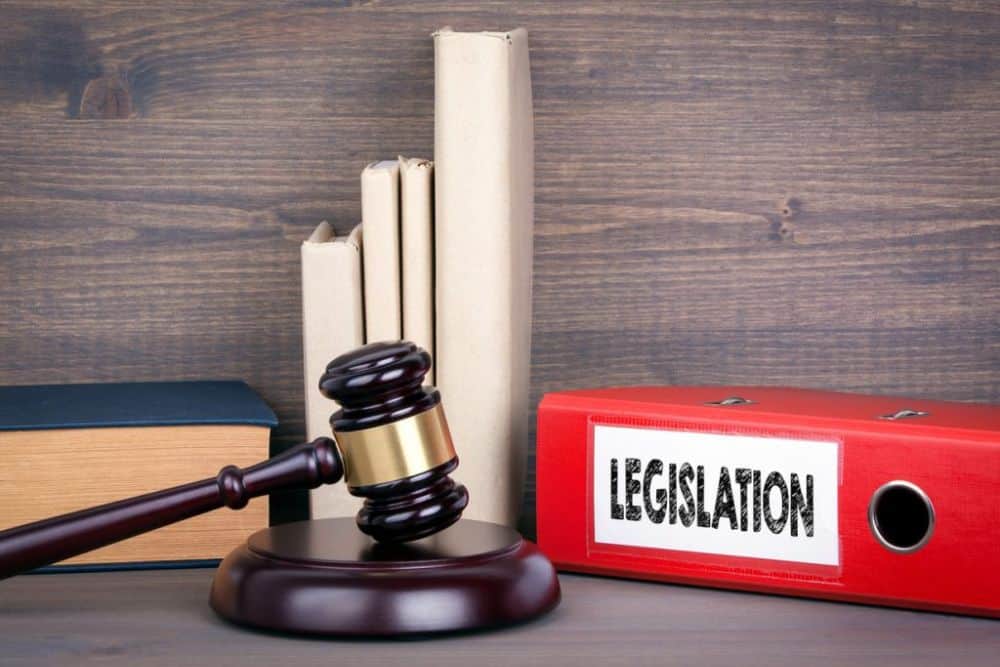Empowering Veteran Entrepreneurs: SERV Act Clears House and Heads to Senate
A crucial legislative move to bolster support for U.S. military veterans venturing into entrepreneurship is now making its way to the U.S. Senate. This bipartisan initiative has gained significant traction, supported by key figures from Kansas City’s congressional delegation.
What is the SERV Act, and Why is it Vital?
The Successful Entrepreneurship for Reservists and Veterans (SERV) Act, spearheaded by U.S. Reps. Sharice Davids (D-Kansas) and Mark Alford (R-Missouri), achieved a significant milestone by securing approval in the U.S. House of Representatives. This bill is geared towards aiding veteran small business owners and entrepreneurs by addressing startup challenges and enhancing the reach of existing veteran-focused small business programs.
How Does the SERV Act Facilitate Success?
Rep. Davids emphasizes that while veterans possess entrepreneurial skills, a smoother transition from military service to business is essential. Collaborating across party lines, especially with Rep. Mark Alford, aims to connect veterans with the resources needed to overcome barriers in their entrepreneurial journey.
Why are Veteran-Owned Businesses Decreasing?
Despite transferable skills gained from military service, the number of veterans starting their own businesses has significantly decreased. Davids’ Office reveals that only 4.5 percent of the 3.6 million veterans since September 11, 2001, have initiated a company. In contrast, World War II and Korean War veterans boasted 50 and 40 percent business ownership, respectively.
What Challenges Lead to the Decline, According to Davids?
Davids attributes the decline to challenges in accessing credit, transitioning to civilian life, and overcoming stigmas related to physical disabilities and post-traumatic stress disorder.
What Actions Does the Newly Passed House Legislation Include?
The House legislation takes comprehensive steps by commissioning a Government Accountability Office (GAO) report on veteran small business owners’ access to capital. It also mandates the Small Business Administration’s (SBA) Interagency Task Force on Veterans Small Business Development to formulate an outreach plan for veteran programs, including SBA’s Boots to Business initiative. Additionally, the Task Force is required to provide an annual report to Congress on its appointments and outreach plan.
Acknowledging Contributions
Alford commends the collaborative work of Rep. Davids and Navy Lt. Cmdr. Taylor Burks, recognizing their efforts in refining strategies to assist veteran-owned small businesses. Despite defeating Burks in the 2022 race, Alford acknowledges Burks’ testimony to Congress in March, advocating for better support for veterans-turned-entrepreneurs.
Overcoming Barriers
Alford underscores the pivotal role of capital access, labeling it as a critical component not only at the business’s inception but also throughout its lifespan. He emphasizes the responsibility to support veterans who have dedicated themselves to the country.
The SERV Act is now advancing to the U.S. Senate, marking a significant step in reinforcing support for veteran entrepreneurs. This legislation aims to empower veterans, ensuring they have the necessary resources to overcome challenges and succeed in their entrepreneurial endeavors.



